Should I downsize to save money? What you should consider before you do
‘Should I downsize?’ may be a question crossing many homeowners’ minds right now – here’s what you should consider before you do
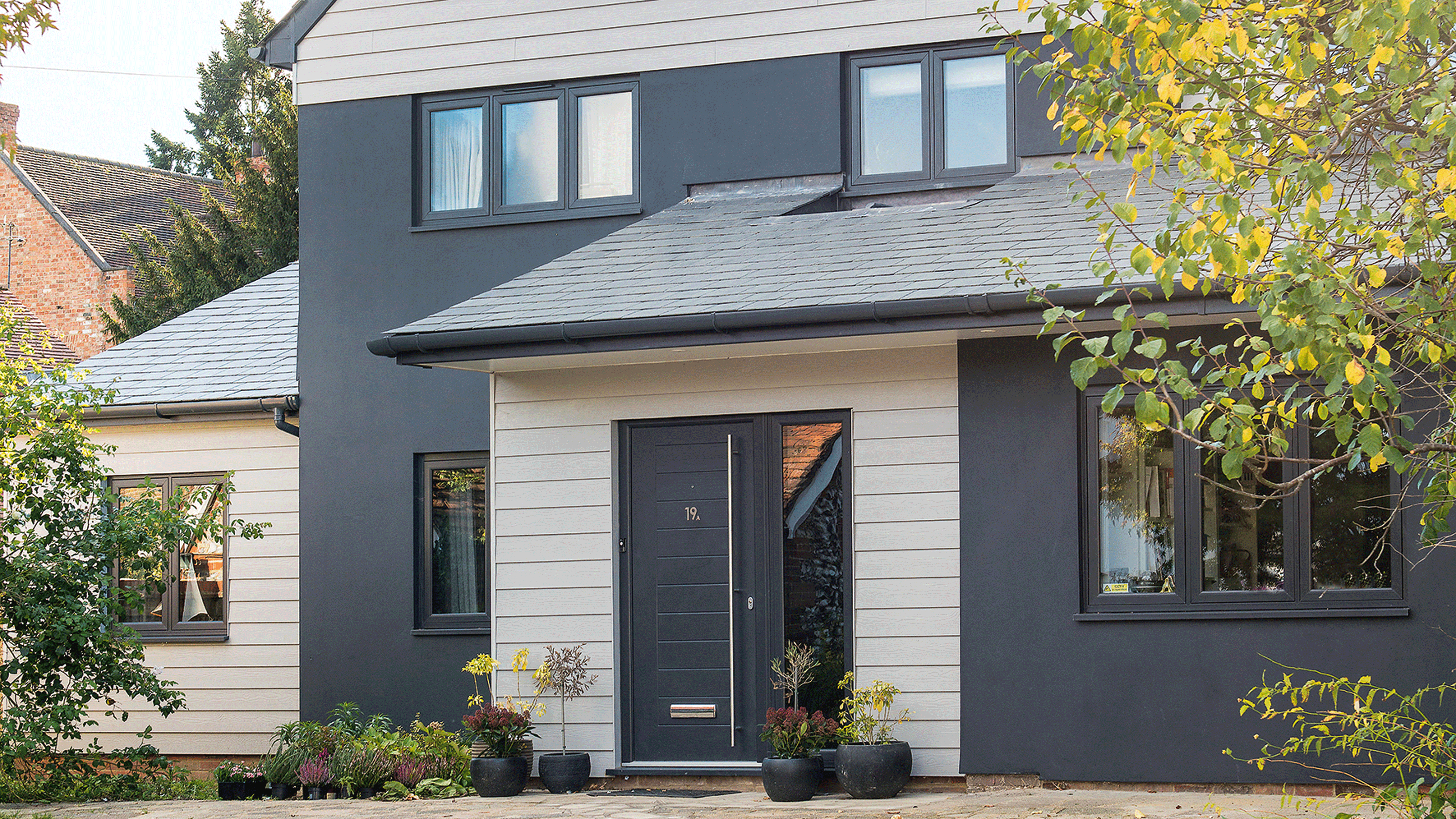
Food prices, energy bills and interest rates are continuing to climb which may prompt homeowners with significant equity in their homes to consider – should I downsize to save money?
Average energy bills increased by 54% in April this year, according to government figures. That’s equal to an extra £700 over the year. Prices rose again October and from April, analysts Cornwall Insight forecast that annual bills could exceed £4,300.
Meanwhile the cost of everyday food items are shooting up. Food price inflation, the measure of how quickly food prices are rising, rose to a record annual rate of 11.6% last month.
To top it off, the Bank of England increased the base rate to 3% which is bad news for mortgage holders. It’s no wonder households are looking for ways to ease the strain on their finances.
Downsizing, moving from a larger more expensive property to a smaller, cheaper home, is one option.
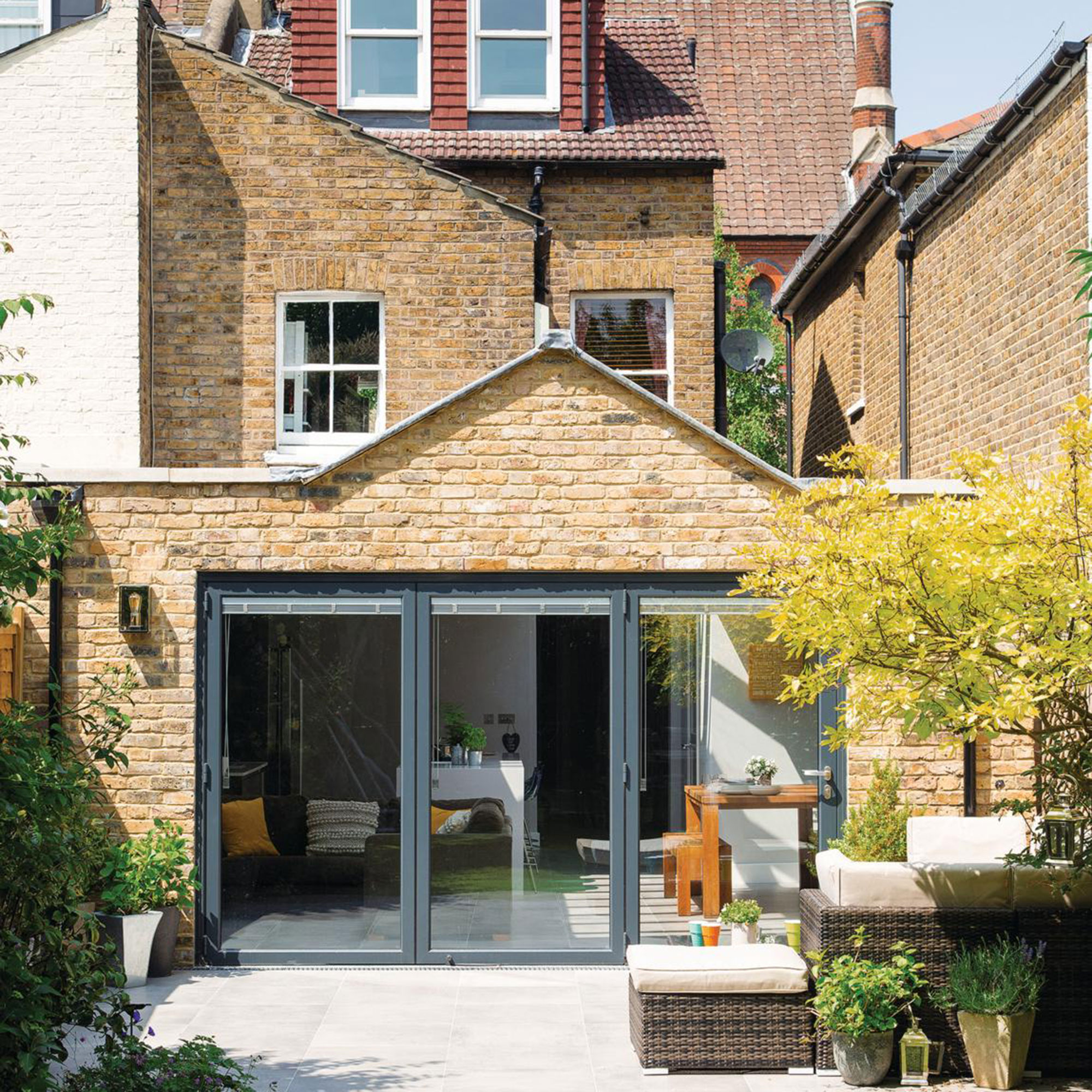
Should I downsize to save money?
To decide if downsizing is a good idea, Rosie Hooper, chartered financial planner at Quilter says homeowners should ask themselves an important question: do I need to downsize to survive this tough period or am I considering downsizing to save money just in case I need it?
'If you have done your calculations and you know that you simply won’t be able to afford your mortgage payments, sky-high food prices and energy bills then you need to downsize and unlock some equity to survive,' says Rosie.
Get the Ideal Home Newsletter
Sign up to our newsletter for style and decor inspiration, house makeovers, project advice and more.
'But if it’s a knee-jerk reaction to the current economic climate but you’re still able to pay your bills, think through your options. It could be better to sit tight and weather the storm.'
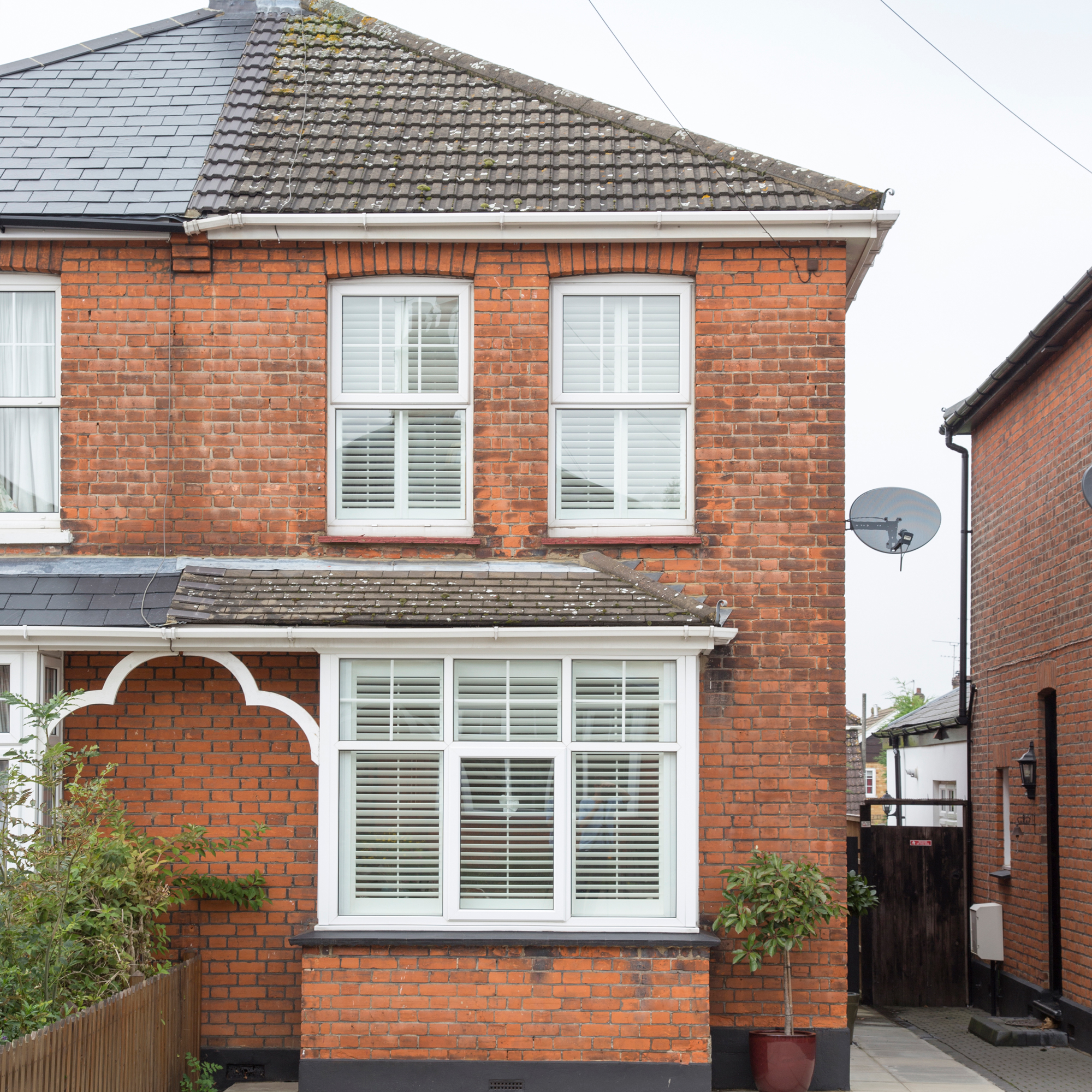
Pros and cons of downsizing your home
The main benefit of downsizing is easing the financial strain on your budget. Rob Houghton, chief executive of Reallymoving, says: 'Heating and maintaining a large home or garden can be time-consuming and expensive, particularly as we head into winter. Downsizing is an excellent way to reduce living expenses, boost retirement income, or pay for large one-off items like a car.'
The drawback, however, is that downsizing is not quick. The period of high inflation is expected to ease in the next couple of years. Selling and buying a property can take up to a year so you may end up selling your home as the economy starts to improve.
Another disadvantage is losing out on future house price gains. Rosie explains that, although house prices look likely to fall over the next two years, over the longer term they’re likely to rebound. When they do, you could make more money on an expensive larger home than a smaller one.

How much should I downsize?
How much you should downsize depends on your circumstances. Decide whether you need enough money to cover a budget shortfall or to provide a safety net to make you feel comfortable?
Next get your home valued. Rob recommends getting three valuations from local agents.
Once you know roughly what you’ll get for your home, work out how much cash you want to be left with after you’ve repaid any mortgage debt and paid for solicitors, moving costs and stamp duty.
Let’s say your home is worth £600,000. You have a mortgage of £100,000 and you’ve budgeted £15,000 for fees and tax. You want to free up £85,000 in equity to put in the bank. You’re downsizing budget is £400,000.
When should I downsize?
Your house is typically your most valuable asset. Downsizing at retirement can be a crucial element of your retirement provision, explains Rosie.
'Pressing the downsizing button too early in life, when it’s not absolutely necessary, can make you worse off financially in the long run,' she adds.
Who shouldn’t downsize?
Rosie’s advice is to look at your finances as a whole to see if there are any areas to save before you downsize. If there is another way to alleviate the financial strain, you shouldn’t downsize too early.
'It might be a case of ‘white knuckling’ it over the upcoming period of financial pain,' she explains. 'Try and get through it without making big financial decisions. Instead, make lots of smaller lifestyle changes.'
A financial adviser can help you weigh up the options.
Do I have to pay capital gains tax if I downsize?
You won't have to pay capital gains tax if you’re selling your main home. When selling your main residence you qualify for Private Residence Relief which exempts you from paying Capital Gains Tax.
But you will have to pay stamp duty. But in some good news, the threshold at which you pay stamp duty has just been raised from £125,000 to £250,000. This means you'll pay stamp duty on a smaller portion of the house price than before the threshold was lifted.
Samantha Partington is a personal finance journalist specialising in mortgages and the property market.
Over the past nine years, Samantha has worked for the Daily Mail, trade website Mortgage Solutions and business title Property Week. She regularly writes for national money pages including Money Mail and Sun Money and supports prop tech firms with content writing.
-
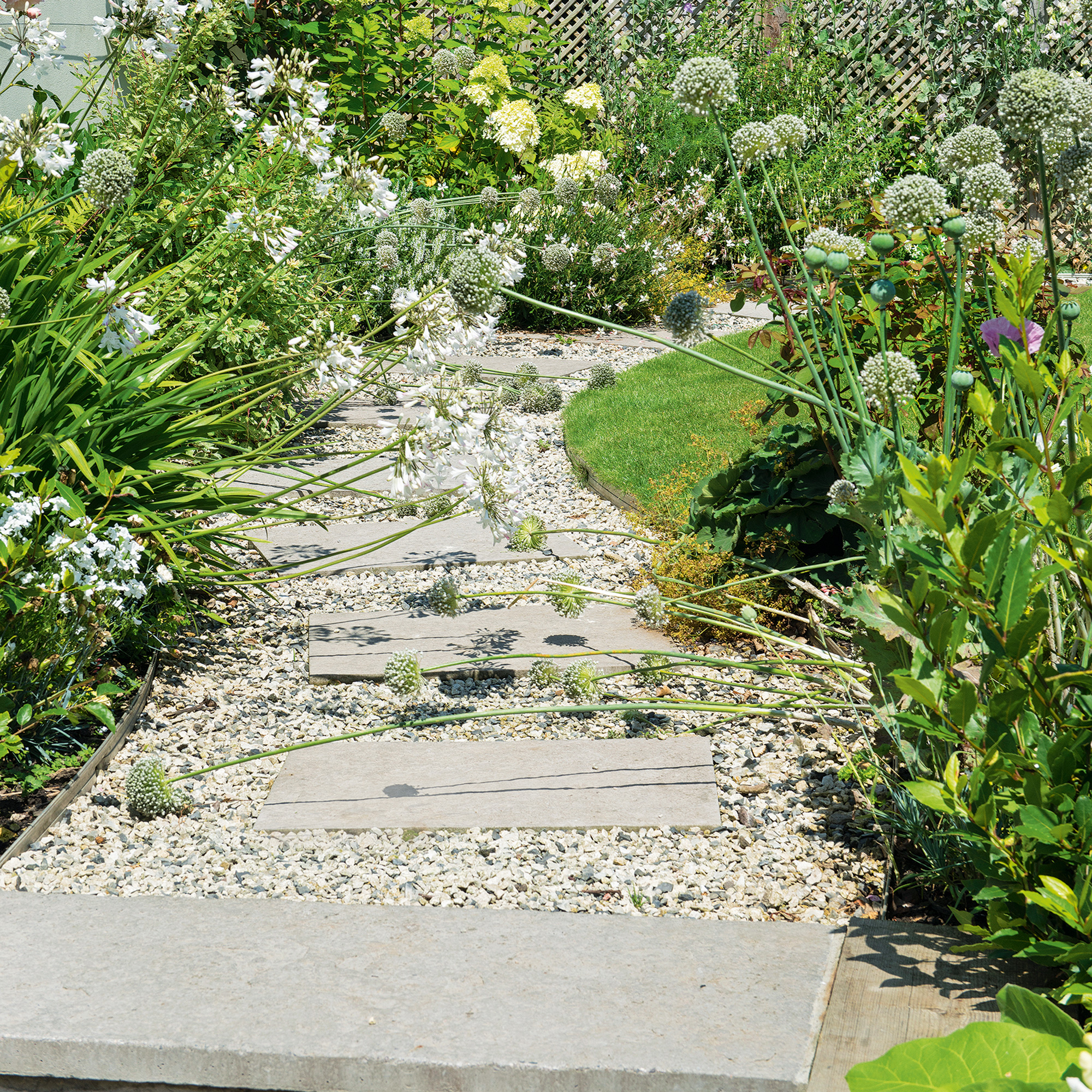 5 brilliant budget alternatives to paving slabs that won't cost the earth
5 brilliant budget alternatives to paving slabs that won't cost the earthLooking to pave your garden on a budget? Try these stand-ins...
By Sophie King
-
 Want to cook like Jamie Oliver? Here's the top-rated pan from his collection
Want to cook like Jamie Oliver? Here's the top-rated pan from his collectionJamie's collaboration with Tefal has led to this casserole dish getting the best user reviews I've ever seen
By Molly Cleary
-
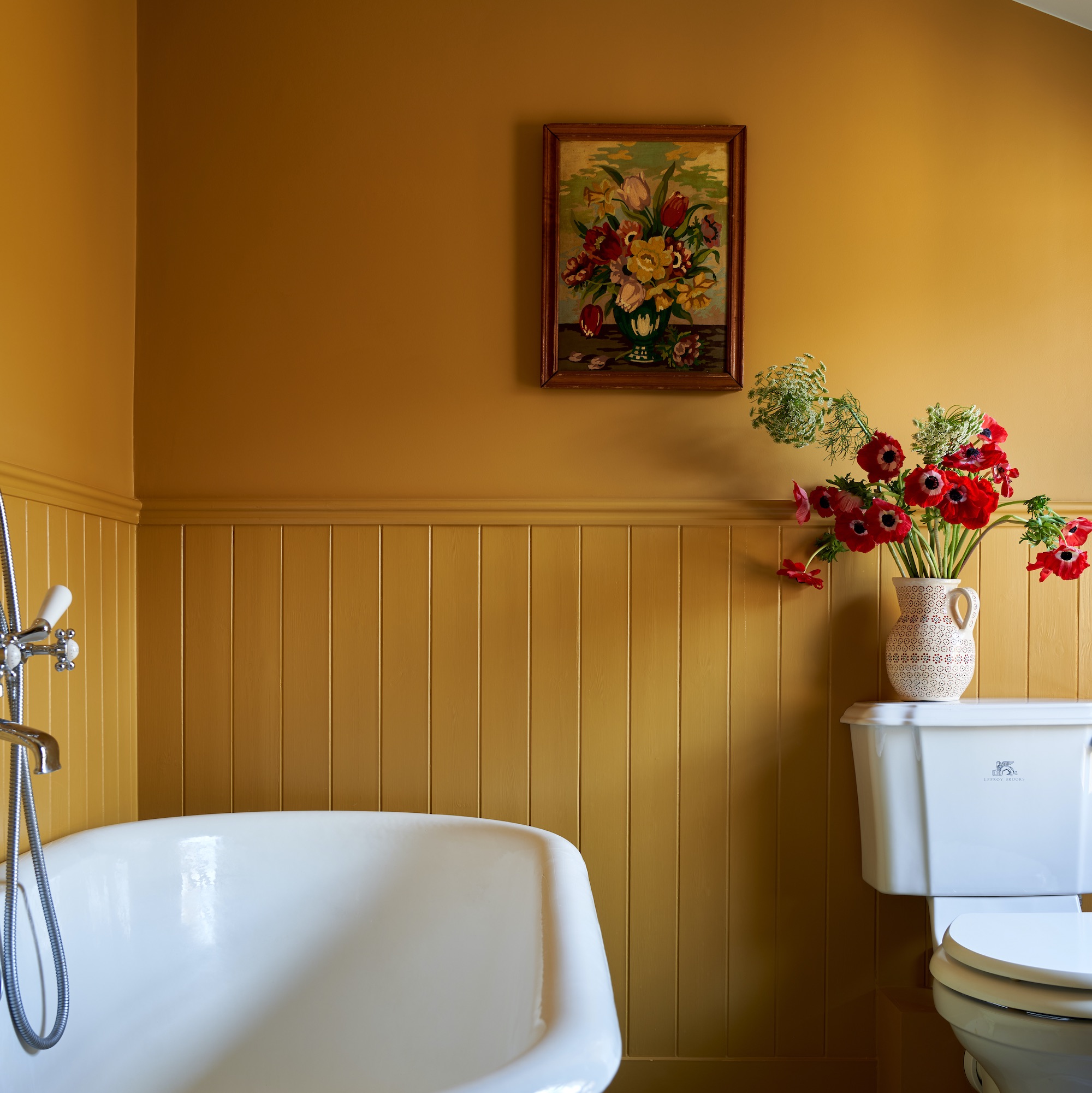 7 best colours to paint a windowless bathroom that will transform the mood of a dark wash space
7 best colours to paint a windowless bathroom that will transform the mood of a dark wash spaceA bathroom without a view needn’t sink your plans for a warm and welcoming retreat
By Linda Clayton
-
 You can claim back over £300 a year from HMRC if you work from home - here’s how to check if you’re eligible
You can claim back over £300 a year from HMRC if you work from home - here’s how to check if you’re eligibleWhen it comes to saving, every little helps
By Kezia Reynolds
-
 Experts have revealed the best day to renew your home insurance policy - you’ll want to do it sooner rather than later
Experts have revealed the best day to renew your home insurance policy - you’ll want to do it sooner rather than laterDon't leave this task at the bottom of your to do list
By Kezia Reynolds
-
 Is a variable rate mortgage ever a good idea? Experts weigh in
Is a variable rate mortgage ever a good idea? Experts weigh inOur money expert explains what a variable rate mortgage is, who they can be good for, and the pros and cons of this kind of mortgage
By Samantha Partington
-
 I’m a first-time buyer, what are my chances of getting a mortgage right now?
I’m a first-time buyer, what are my chances of getting a mortgage right now?And what you can do to increase your odds
By Rachel Wait
-
 Should you ever pay above the asking price for a home?
Should you ever pay above the asking price for a home?Our money expert explains whether you should ever pay over the asking price for a home, especially if house prices fall as predicted
By Samantha Partington
-
 Should I fix my mortgage and how long should I fix for?
Should I fix my mortgage and how long should I fix for?We speak to the experts to find out whether you should fix your mortgage and how long for as well as the impact further interest changes could have on your decision
By Samantha Partington
-
 We put your mortgage questions to two leading experts, here's what they said
We put your mortgage questions to two leading experts, here's what they saidAs mortgage panic continues, we've answered the most common questions - from when mortgage rates will come down, to when you actually have to pay stamp duty
By Samantha Partington
-
 'My mortgage is set to skyrocket - what should I do?' 5 potential solutions from a money expert
'My mortgage is set to skyrocket - what should I do?' 5 potential solutions from a money expertIf you're facing higher mortgage costs, our money expert explains various courses of action you could take to ease the pressure
By Samantha Partington